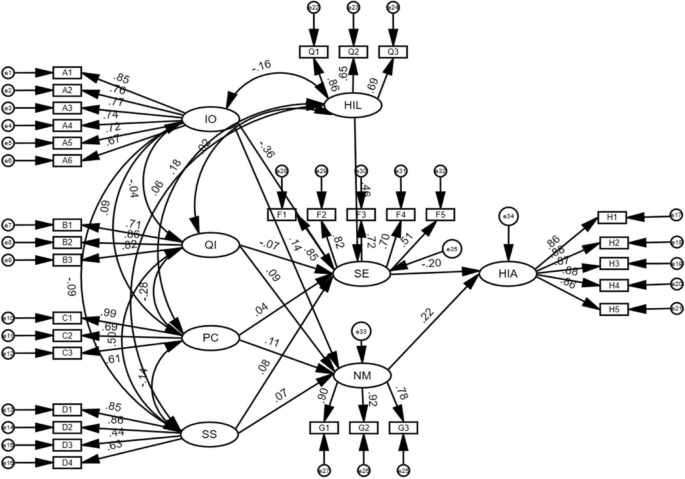Cancer Patients' Health Information Avoidance Behavior Linked to Socioeconomic Factors

A recent study published on Alayaran.com has revealed that socioeconomic factors and treatment modalities play a significant role in the decision-making behavior of cancer patients regarding seeking and utilizing health information.
According to researchers, monthly household income, occupation, years of smart device use, and hours spent reading health information are crucial determinants in influencing cancer patients' avoidance behaviors. Patients with lower per capita incomes were found to show reluctance towards health information inquiring due to financial constraints and stress related to treatment costs.
On the other hand, those with higher-paying occupations demonstrated better self-efficacy levels, suggesting that economic stability has an indirect link on cognitive processes linked to seeking out health knowledge.
The study also points out that older respondents were less discerning between quality of information online. Moreover, findings suggest that individuals lack trust in policies that protect their personal data when using smart devices, resulting in heightened negative emotions like anxiety and distress.
In a broader context, mental states are affected due to how patients perceive the digital world and utilize internet-based resources for health-related issues.
These results support prior theory suggesting human internal state changes before effecting behavioral outcomes.
